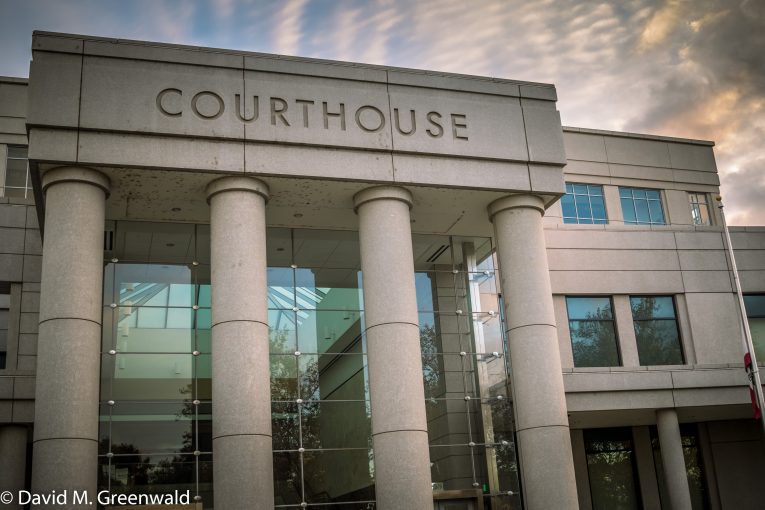
 By Connor Kianpour
By Connor Kianpour
A man from San Jose has been charged with driving under the influence of marijuana and cocaine in West Sacramento. On October 6, 2017, Malik Antwaun Nelson, on his way home to San Jose from West Sacramento after completing a Lyft ride in the area, was pulled over by California Highway Patrol for violating Vehicle Code sections 42009(a) and 22362, both of which are violations of basic speed laws on roadways under construction.
When pulled over, however, Officer Simpson of the California Highway Patrol smelled marijuana in Mr. Nelson’s car and asked the defendant to perform field sobriety tests, the results of which are unclear based on the dash-cam footage admitted as evidence in the trial and the testimony provided by Officer Helfrich, the CHP who took Mr. Nelson to a drug recognition evaluator (DRE) lab early in the morning on October 6, 2017.
On September 11, 2018, the jury trial for Mr. Nelson opened in Department 14, Judge David Rosenberg presiding. Mr. Nelson has been charged with violating Vehicle Code section 23152(f), driving under the influence of drugs. Seeing as the fact as to whether or not Mr. Nelson was definitively impaired by marijuana and cocaine is unclear, a jury has been asked to determine whether or not  there is evidence beyond a reasonable doubt to suggest that Mr. Nelson was indeed impaired.
there is evidence beyond a reasonable doubt to suggest that Mr. Nelson was indeed impaired.
A blood sample gathered from Mr. Nelson on the morning of October 6, 2017, indicates that there was 11-hydroxy-THC, 11-Nor-9-carboxy-THC, and delta-9-THC (which are all metabolites of tetrahydrocannabinol, the active ingredient in marijuana) present in his blood. Additionally, there was benzoylecgonine, a metabolite of cocaine, present in Mr. Nelson’s blood sample as well.
All of these metabolites, however, can be found in the blood sample of a user within at least a twelve-hour window after initial use of the substance. The prosecution then called in expert witness Mr. Lopez from the Department of Justice on September 12, 2018 who testified about the criteria he uses as a criminologist well-versed in the administration of field sobriety tests to determine whether or not an individual is mentally and/or physically impaired.
The defense, however, called into question the dearth of standardized field sobriety tests utilized by the CHP in determining whether Mr. Nelson was, in fact, under the influence of marijuana and cocaine. A walk-and-turn field sobriety test was not conducted by the CHP, nor was a finger-to-nose field sobriety test conducted on Mr. Nelson. The defense also called into question the CHP’s failure to check the defendant’s pulse accurately, further making it unclear as to whether or not Mr. Nelson was impaired while operating a motor vehicle.
On September 12, 2018, the last day of the trial, Mr. Nelson took the stand and testified that he was smoking a pre-rolled joint moments before being pulled over by the CHP. However, it is still unclear as to whether or not there is evidence to suggest that the time elapsed was enough for mental and/or physical impairment to take place in the defendant. The jury is currently deliberating whether or not to acquit Mr. Nelson.
Get Tickets To Vanguard’s Immigration Rights Event
I wonder if the voir dire questionnaire included, “Do you (or have you ever)use(d) marijuana and or cocaine?”